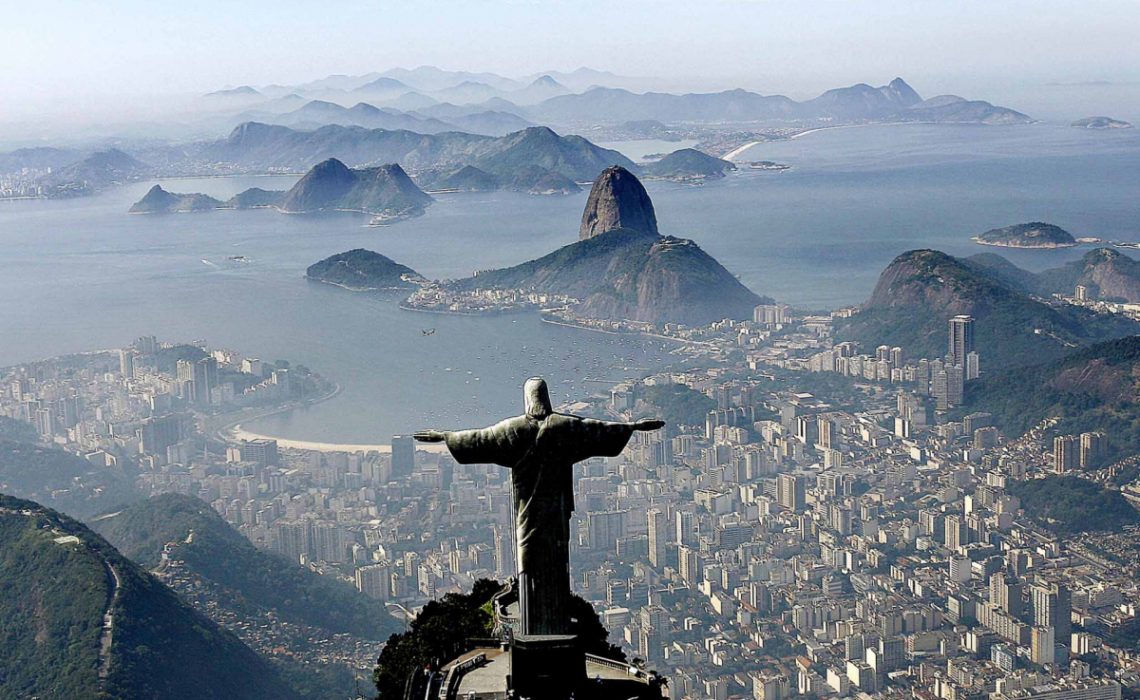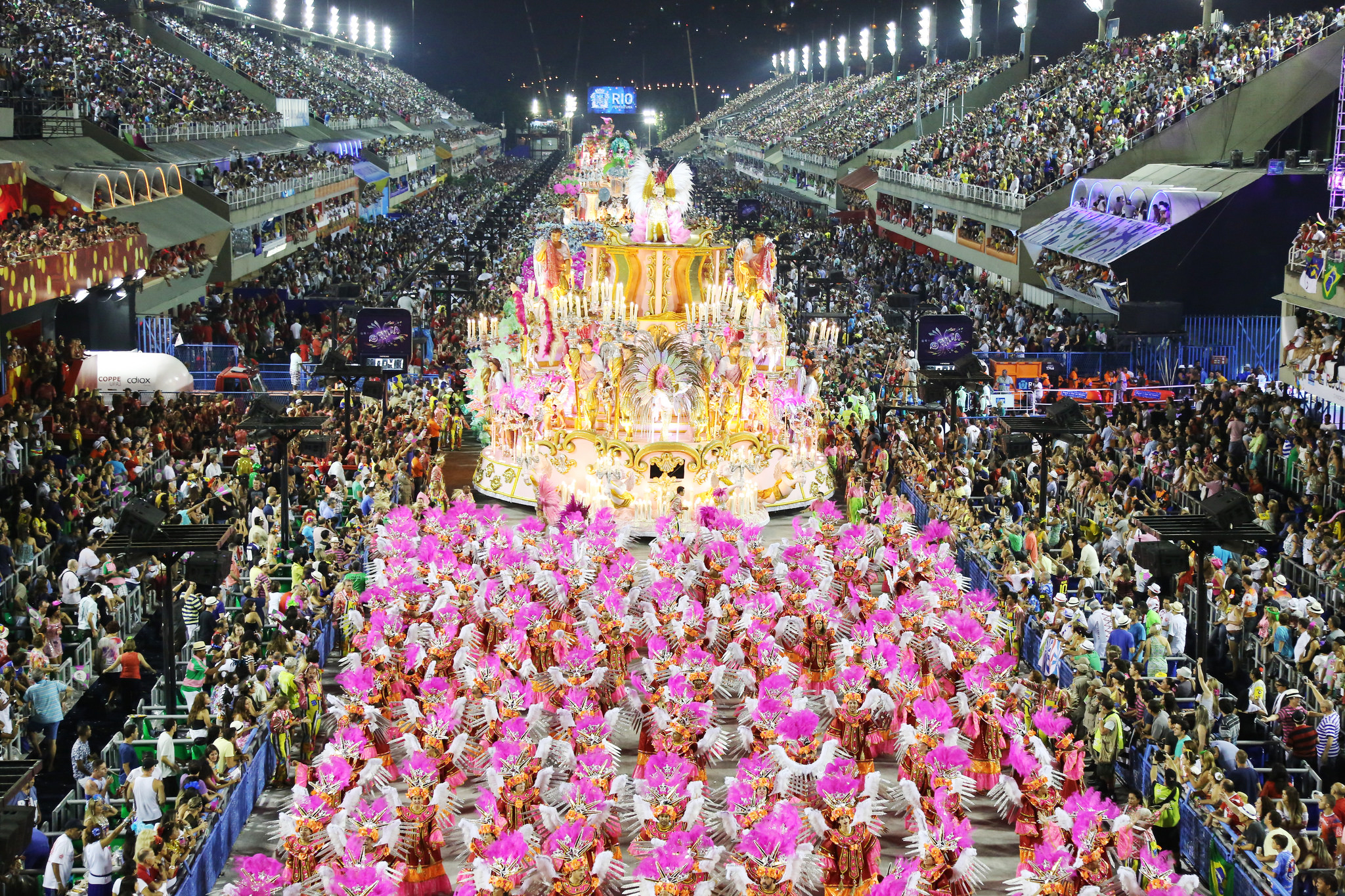
You might also like:
RIO DE JANEIRO, BRAZIL – A report by the World Economic Forum (WEF) shows that in a list of 136 countries, Brazil appears first in potential natural resources, but loses competitiveness in almost all the other thirteen items listed. In the overall ranking, it is listed at 27th, an improvement of just one from the 2015 list.
The report shows that Brazil has the richest natural heritage and biodiversity on the planet, but its tourist potential is limited by deficiencies in safety, infrastructure, labor and other factors.
The result is in the document the Travel & Tourism Competitiveness Report 2017, recently released by the organization. Since 2007, the research monitors the competitive potential of resources and services for international tourism.
In the evaluation of the report’s body, Brazil also has “very strong” cultural resources, ranging from heritage sites to sporting and entertainment events, and has developed a relatively good tourist structure, but it has several other areas lacking.
The year of 2016 was expected to be a great opportunity for Brazilian tourism by hosting the Rio 2016 Olympics, however the impact was retarded by the zika virus epidemic and the economic crisis.
In the end, Brazil received 6.6 million foreign tourists, an increase of 4.8 percent over 2015, according to the World Tourism Organization. The government’s projection is to reach twelve million by 2022, to almost double in six years.
“After the mega-event cycle and the great exposure we had in Brazil, we have to attack the structuring bottlenecks in order to exploit the potential of generating employment and income for the country,” said Tourism Minister Marx Beltrão to G1 news.
Compared with other years analyzed, there was a worsening of the business environment (129th place), an item that covers legal efficiency and taxes, there was also a drop in safety (106th place) and labor (93th place).

Rodrigo Braz Vieira, director of Rio-based travel agency Bravietour shares, “Brazil still have large deficiency when it comes to labor, due to the lack of education, training and language skills.”
“Specifically language skills in Brazil have be seen as something only meant for the higher classes exclusively, [those] that were able to afford an expensive language course. Which should have been completely different,” he adds.
“Another major problem is the security issue for sure,” Vieira explains. “All major cities around the globe have this problem, but our Brazilian main gates like Rio, Salvador, Recife, Fortaleza, São Paulo, etc suffers even more. In Brazil the problem of social inequality makes it even more complex to solve.”
The overall situation, however, has improved compared to previous rankings for Brazil, as in 2007 the country appeared in the 59th place. Among Latin American countries, Brazil appears only behind Mexico, which was ranked 22nd.
“Growing one point in WEF’s overall competitiveness ranking shows that we are on the way, but we need to do more,” said Beltrão.
At the top of the list are Spain, France and Germany. Europe, by the way, is the continent with the best performance, with six nations in the top ten.
Sоurсе: riotimesonline.com



